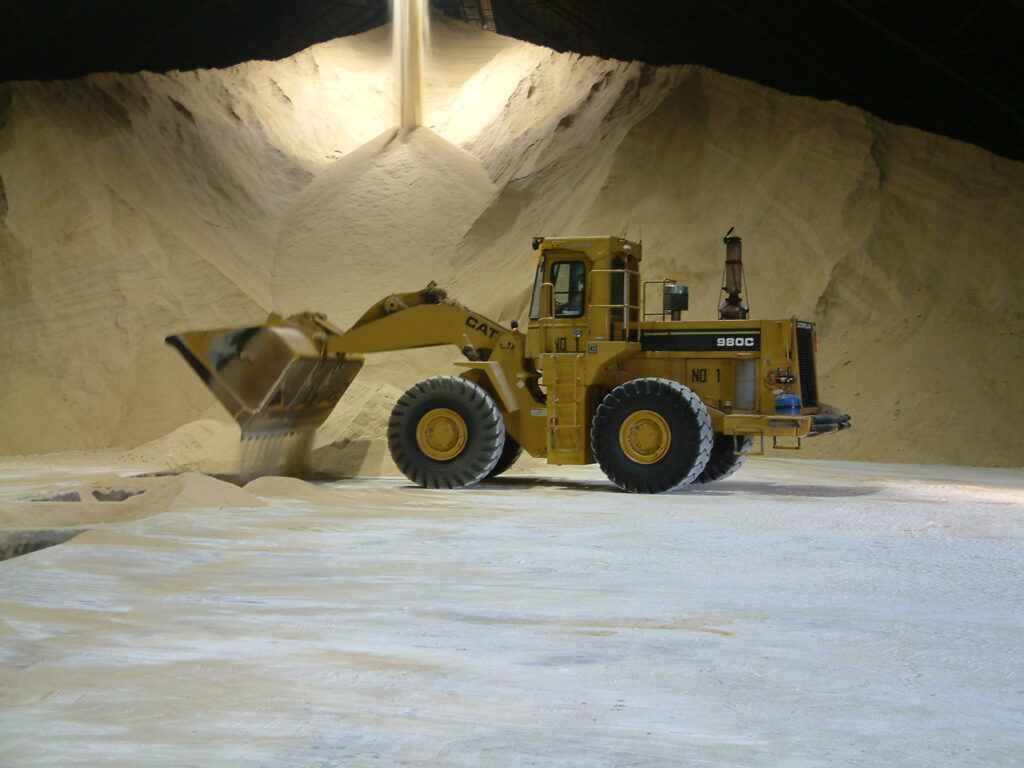Australian Sugar Milling Council and Canegrowers Joint Media Release

Australia has secured an emphatic World Trade Organization (WTO) win against India’s price-distorting sugar production measures and export subsidies.
Handing down its report last night, the WTO Panel found that India had prohibited export subsidies and recommended their removal within 120 days from the adoption of the Report by the WTO Dispute Settlement Body. The Panel also found that India’s levels of domestic support (as provided through a range of government schemes to support the price of sugarcane) has consistently exceeded India’s permitted levels under WTO Agreements.
Peak Australian sugar industry organisations the Australian Sugar Milling Council (ASMC) and CANEGROWERS have welcomed the Panel’s findings and recommendations.
“India’s subsidies and the export of its surplus sugar have been calculated by GreenPool to have cost Australian cane growers and sugar millers $1 billion in foregone revenue between 2017-18 and 2020-21,” ASMC Director of Policy, Economics and Trade, David Rynne said.
ASMC and CANEGROWERS have called on the Indian Government to embrace the findings of the Panel, bring its policies into WTO compliance and commence development of long overdue industry reforms.
“The umpire has spoken,” CANEGROWERS Chairman Paul Schembri said. “The WTO Panel hearing this case has unequivocally found in favour of Australia, Brazil and Guatemala.
“I am proud that CANEGROWERS and ASMC, on behalf of all growers and millers in the Australian industry, stood up for a rules-based world trading regime and we have been vindicated.”
“We now call on India, the government and the industry, to enter into good faith negotiations and work together to comply with the WTO’s rulings and bring its activities back into line with international trade rules,” Mr Rynne said.
ASMC and CANEGROWERS thank the Australian Government, in particular Trade Minister Dan Tehan, for its commitment to a fair and level trading environment and their advocacy on behalf of the sugar industry.
Click HERE for a pdf of this media release
Further information:
- Link to the WTO report
- Link to the AMSC-commissioned Green Pool report “Indian Sugar –The Impact of Over-production on Sugar Industry Revenues”
- Notes for Editors – background information on the WTO Dispute
Media contacts:
David Rynne, Director- Policy, Economics and Trade, ASMC – 0431 729 509
Paul Schembri, Chairman, CANEGROWERS – 0417 604 196
Notes for Editors – Background information on the WTO Dispute
In early 2019, following lobbying from the Australian sugar industry, the Australian Government, together with Brazil and Guatemala, launched formal actions in the World Trade Organization (WTO) against India’s trade-distorting sugar support measures. The WTO established a Panel to investigate whether India’s measures were consistent with its WTO obligations.
The Panel found comprehensively in favour of Australia and its co-complainants.
The Panel’s report is now public.
Why was the action necessary?
India’s price support for sugarcane, that guaranteed minimum prices to Indian farmers, was a key factor in the substantial over-production of sugar. A large stockpile of sugar, well beyond domestic consumption requirements, was built up. The Indian Government offered support to mills to export the surplus sugar, which contributed to driving down the global sugar price. This unfairly affected Australia and every other sugar-exporting country.
For Australian cane growers, it meant sugar prices fell below the cost of production. A Green Pool Commodity Specialists report, commissioned by the Australian Sugar Milling Council, found the substantially lower global sugar prices meant Queensland cane growers and sugar millers incurred an estimated $1 billion revenue hit between 2017/18 and 2020/21 (note – the period of the Green Pool Analysis [2017/18 – 2020/21] does not align with the sugar seasons that were challenged in the dispute. This analysis was undertaken to demonstrate the impacts of India’s subsidies and oversupply).
A clear ruling from the WTO was needed to restore global confidence in both the sugar market and in the rules-based world trading system.
What was Australia’s case?
Australia challenged a range of federal and state government measures, arguing that India’s domestically regulated cane prices (market price support) for growers and the export subsidies for mills were inconsistent with India’s obligations under the WTO Agreement on Agriculture and the Agreement on Subsidies and Countervailing Measures (SCM Agreement).
Because Brazil and Guatemala raised similar issues in their challenges, the three disputes were considered by the same WTO Panel. Canada, China, Colombia, Costa Rica, El Salvador, the European Union, Honduras, Indonesia, Japan, Panama, the Russian Federation, Thailand and the United States joined the disputes as third parties.
What is the ruling?
Ruling in favour of Australia, Brazil and Guatemala, the WTO Panel found that India was acting inconsistently with its WTO obligations, specifically:
- For five consecutive sugar seasons (2014-15 to 2018-19), India’s domestic price support was in excess of the permitted level (10% of the value of India’s sugarcane production for that season) as required under the WTO Agreement on Agriculture. The Panel found that India had consistently provided support close to or more than 100% of the value of sugarcane production during the seasons in question. The Panel recommended India bring the measures into conformity with its WTO obligations.
- India’s export-contingent payments to sugar mills constituted prohibited subsidies under the WTO SCM Agreement. The Panel recommended India withdraw these subsidies within 120 days from the adoption of the Report by the WTO Dispute Settlement Body.
What happens next?
The Panel report will be considered at the 25 January 2022 meeting of the WTO Dispute Settlement Body and, unless appealed by India, will be adopted at that meeting.
India has the right to appeal the Panel’s decision to the WTO Appellate Body.
India and the co-complainants may continue negotiations.
